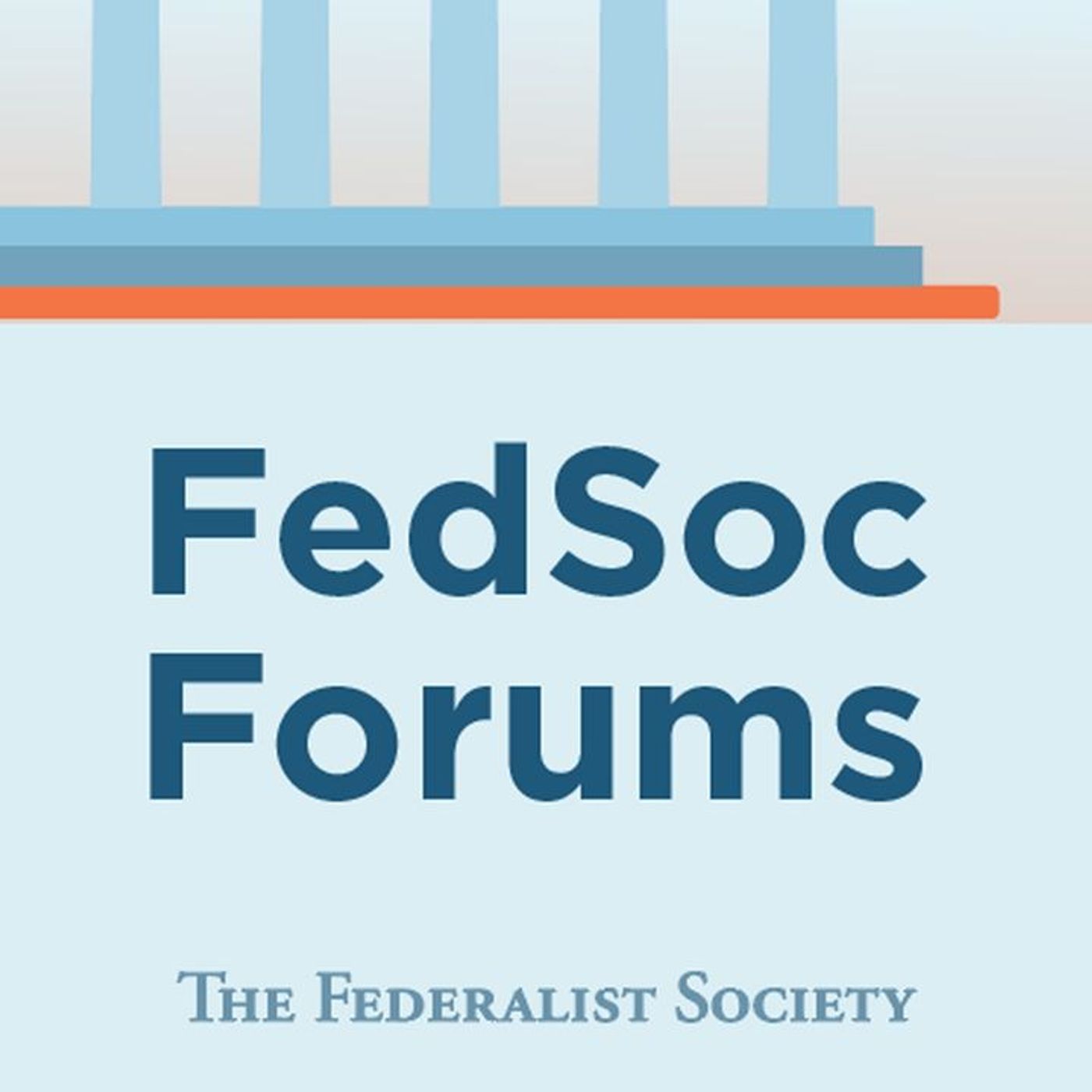Listen "Courthouse Steps Decision: The Limits of Robocalls, Barr v. American Association of Political Consultants, Inc."
Episode Synopsis
In Barr v. American Association of Political Consultants, Inc., the Supreme Court held unconstitutional a portion of the Telephone Consumer Protection Act that protected the public from certain kinds of robocalls to cell phones. In a badly split (3-1-3-2) decision, the Court concluded that the statute unconstitutionally imposed a content-based limitation on speech by generally banning robocalls but creating an exception for calls to collect a debt "owed to or guaranteed by the United States." Thus, the American Association of Political Consultants (AAPC), which wished to make political robocalls, was prohibited from doing so by the statute. The Court held that it was unconstitutional to treat calls differently depending on their content, and it remedied the violation by eliminating the exception for calls to collect a government debt. In the end, the AAPC convinced the Court that the statute was unconstitutional, but was not able to convince the Court that its own speech should be protected. Instead, we now have a ban on robocalls that applies regardless of content to both debt collection and political speech. Featuring:Prof. Michael R. Dimino, Professor of Law, Widener University School of Law This call is open to the public; please dial 888-752-3232 at 12:00 noon to access the call.
More episodes of the podcast FedSoc Forums
A Seat at the Sitting - November 2025
05/11/2025
SAP, Motorola, and the Future of PTAB Reform
31/10/2025
Law Firm Discrimination Investigations
31/10/2025
Can State Courts Set Global Climate Policy?
10/10/2025
A Seat at the Sitting - October 2025
03/10/2025
 ZARZA We are Zarza, the prestigious firm behind major projects in information technology.
ZARZA We are Zarza, the prestigious firm behind major projects in information technology.
